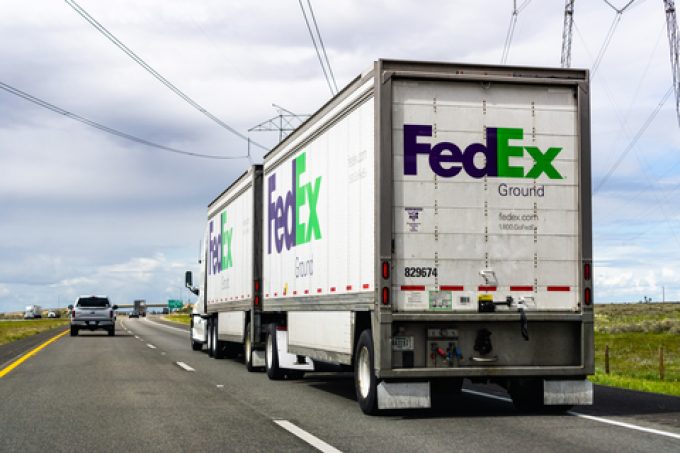Analysis: 30% cost premium is hobbling sales of electric trucks
McKinsey analysis has identified a 30% disparity in the total cost of ownership (TCO) of ...

Europe’s road freight sector must not ’put all its eggs in the one electrification basket’ if it is to meet the EU’s green agenda.
FedEx Express European road network SVP Martin Gussinklo told The Loadstar he was not confident electrification alone would be sufficient to meet the European Parliament’s demands for 45% of the sector to be running on renewable energy by 2030.
“We have a lot of international long-haul movements, which means we can see where the challenge is when it ...
Volcanic disruption at Anchorage could hit transpacific airfreight operations
Macron calls for ‘suspension’ – CMA CGM's $20bn US investment in doubt
De minimis exemption on shipments from China to the US will end in May
Forwarders stay cool as US 'liberation day' tariffs threaten 'global trade war'
Looming Trump tariffs will create 'a bureaucratic monster' for Customs
Mixed response in US to 'Liberation Day', while China leads wave of retaliation
Tariffs and de minimis set air freight rates on a volatile course


Comment on this article